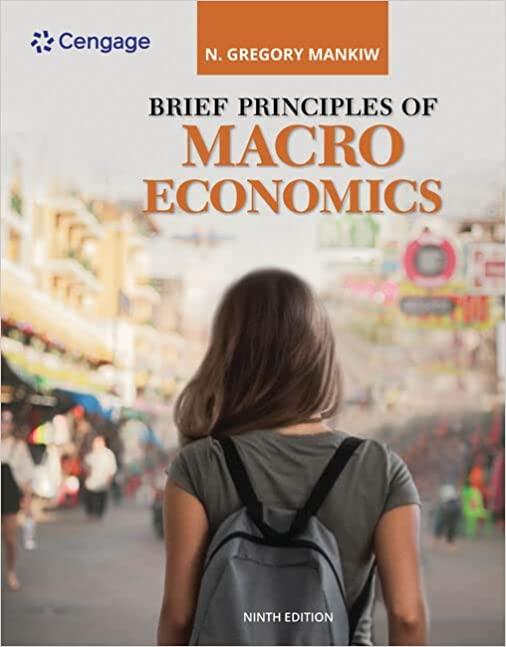Charging flood victims $30 for a case of water or $10 for a gallon of gas doesnt
Question:
Charging flood victims $30 for a case of water or $10 for a gallon of gas doesn’t sit right.
And a majority of states, including Texas, have laws against price gouging. The state attorney general has threatened to prosecute people who jack up their prices in the wake of the flooding caused by Hurricane Harvey. He said his office has received hundreds of reports of profiteering.
But most economists think those high prices can actually benefit communities during a crisis. Sky-high prices are the market at work, the basic laws of supply and demand in action.
“Price gouging laws stand in the way of the normal workings of competitive markets,”
explained Michael Salinger, an economics professor at Boston University and former director of the Bureau of Economics at the Federal Trade Commission.
To make his point, Salinger recounted a “Dennis the Menace” cartoon he remembers from his childhood.
Dennis asked his father what causes tides.
“The moon,” his father answered. Dennis offered up another explanation, that the tides were caused by a big whale in the ocean. When the whale swishes his tail one way, the tide goes in, and when he swishes his tail the other way, the tide goes out.
“You don’t really believe that?” asked the father. “No,” said Dennis, “but it makes a lot more sense than the moon.”
Salinger said letting the markets work, allowing price hikes during disasters is the moon answer. It isn’t intuitive, he said, but it’s right.
There are a couple of reasons economists don’t like laws against price gouging.
On the demand side, laws that keep prices artificially low can encourage overbuying. They benefit the people who get to the store first.
“If prices don’t rise,” explained Texas Tech economics professor Michael Giberson, “they just get plenty.”
If water is cheap, I might be tempted to buy as much as I can jam in my car—just in case. If, on the other hand, prices shoot up, Giberson said, “it encourages consumers to be a little more careful in using the goods.”
There’s also a supply-side argument that economists make.
“When the price of vital goods go up in an area affected by an emergency, that sends a......
Questions to Discuss
1. After a disaster, do you think you are more or less likely to find water for sale if sellers are allowed to increase prices? Why?
2. If sellers of scarce resources are not allowed to increase prices to equilibrate supply and demand after a disaster, how do you think these resources should be allocated among the population? What are the benefits of your proposal? What problems might arise with your proposal in practice?
Step by Step Answer:






